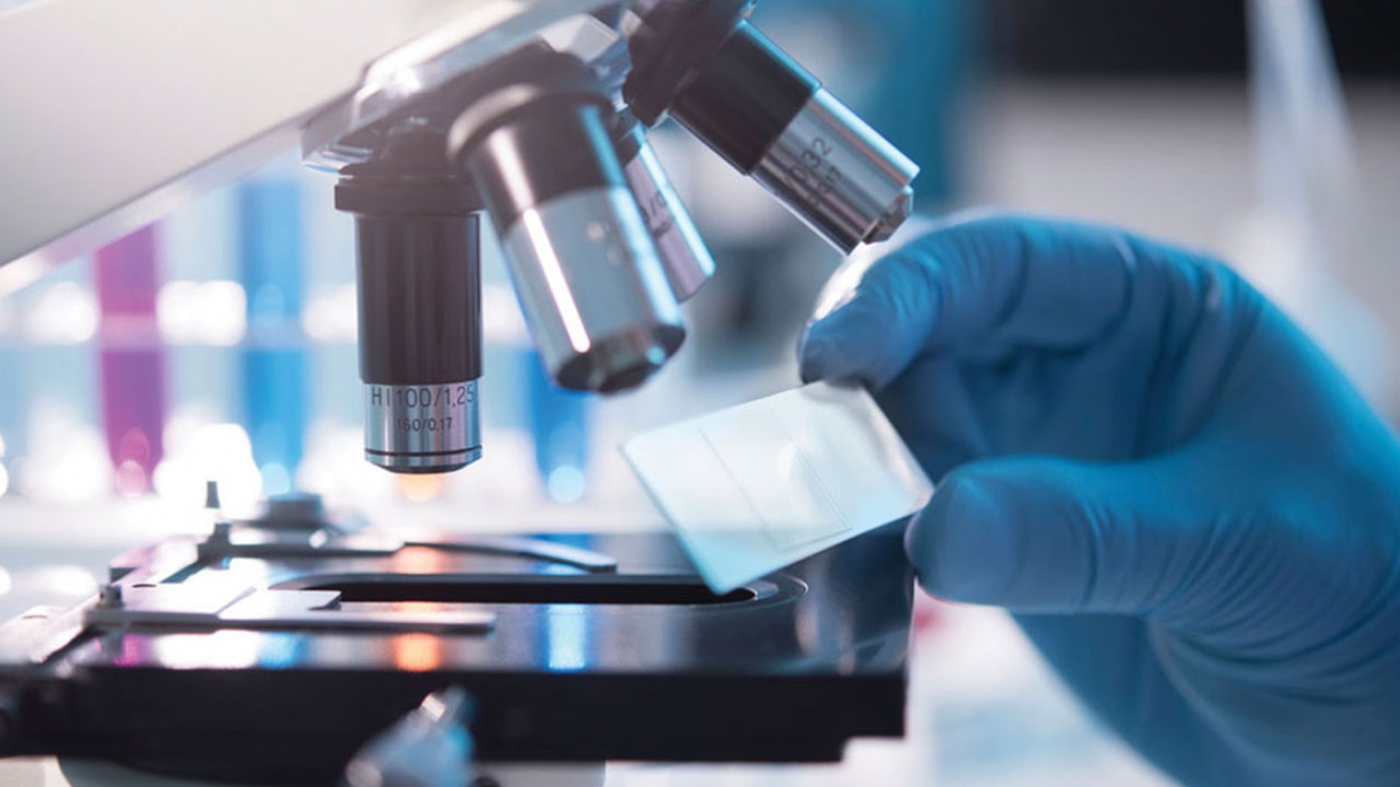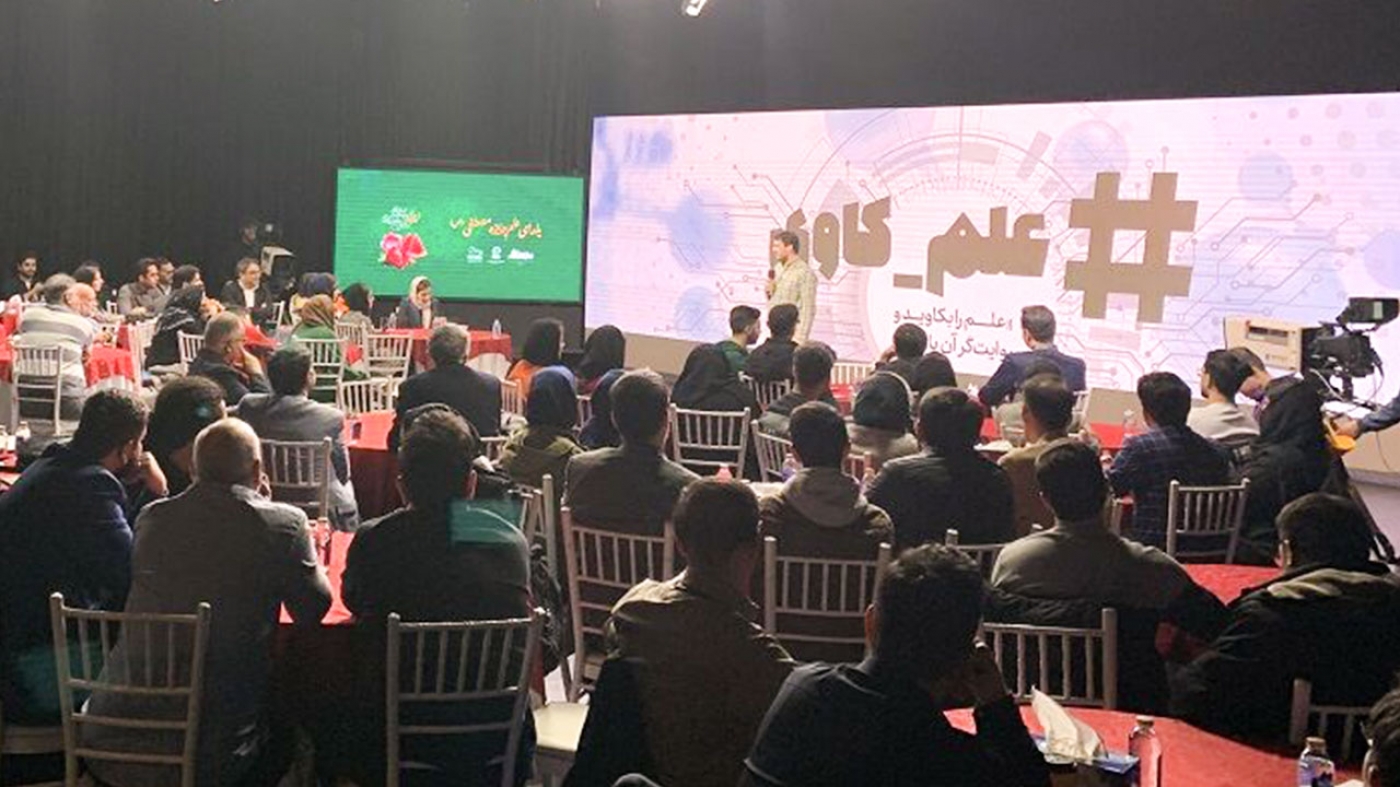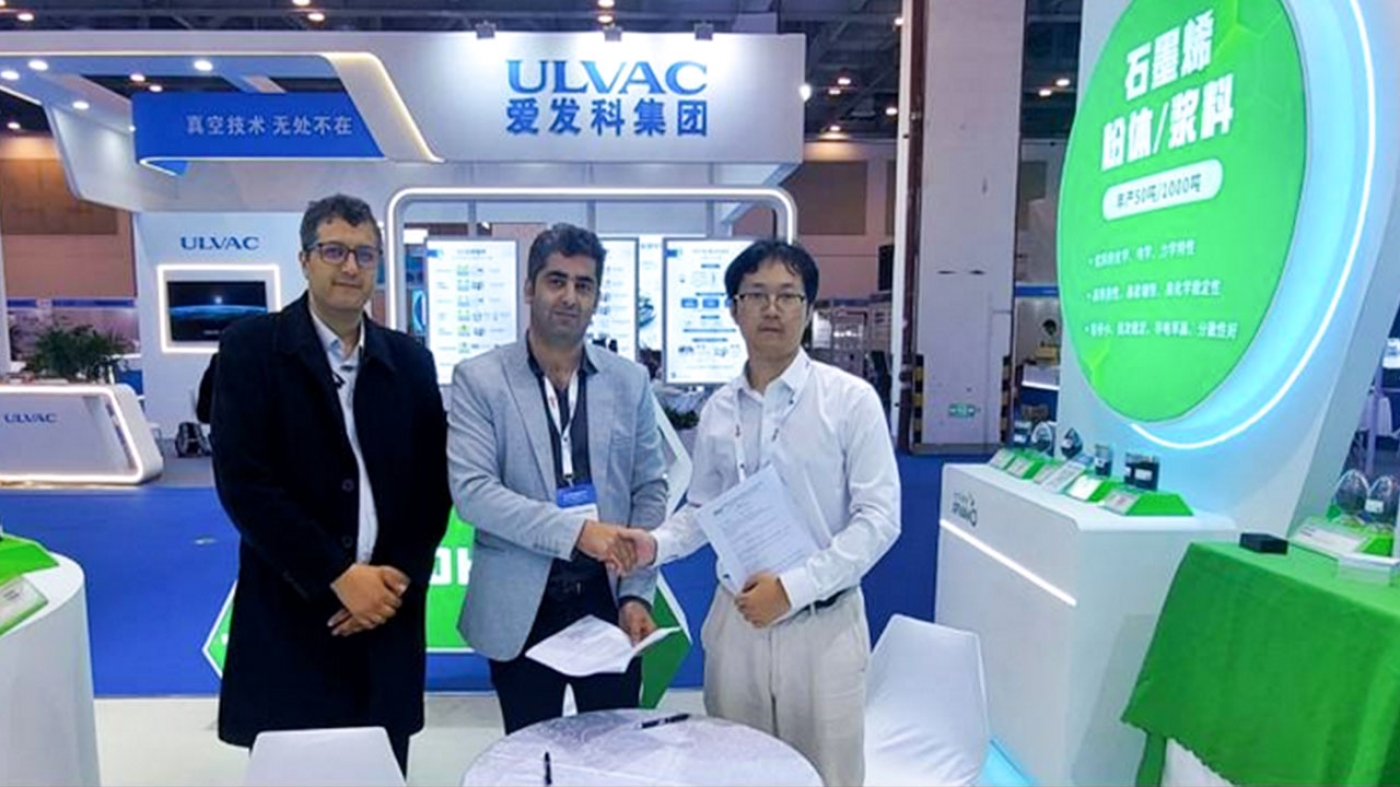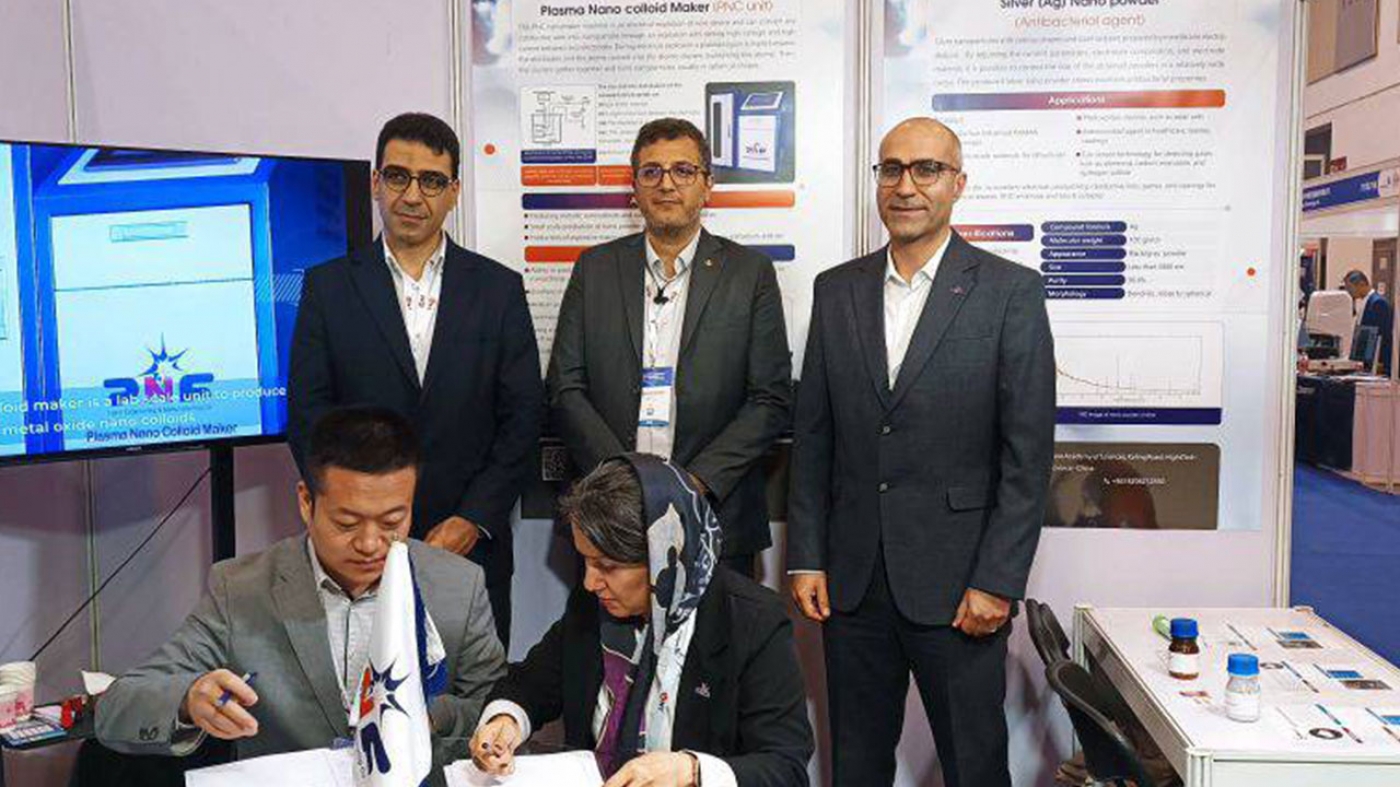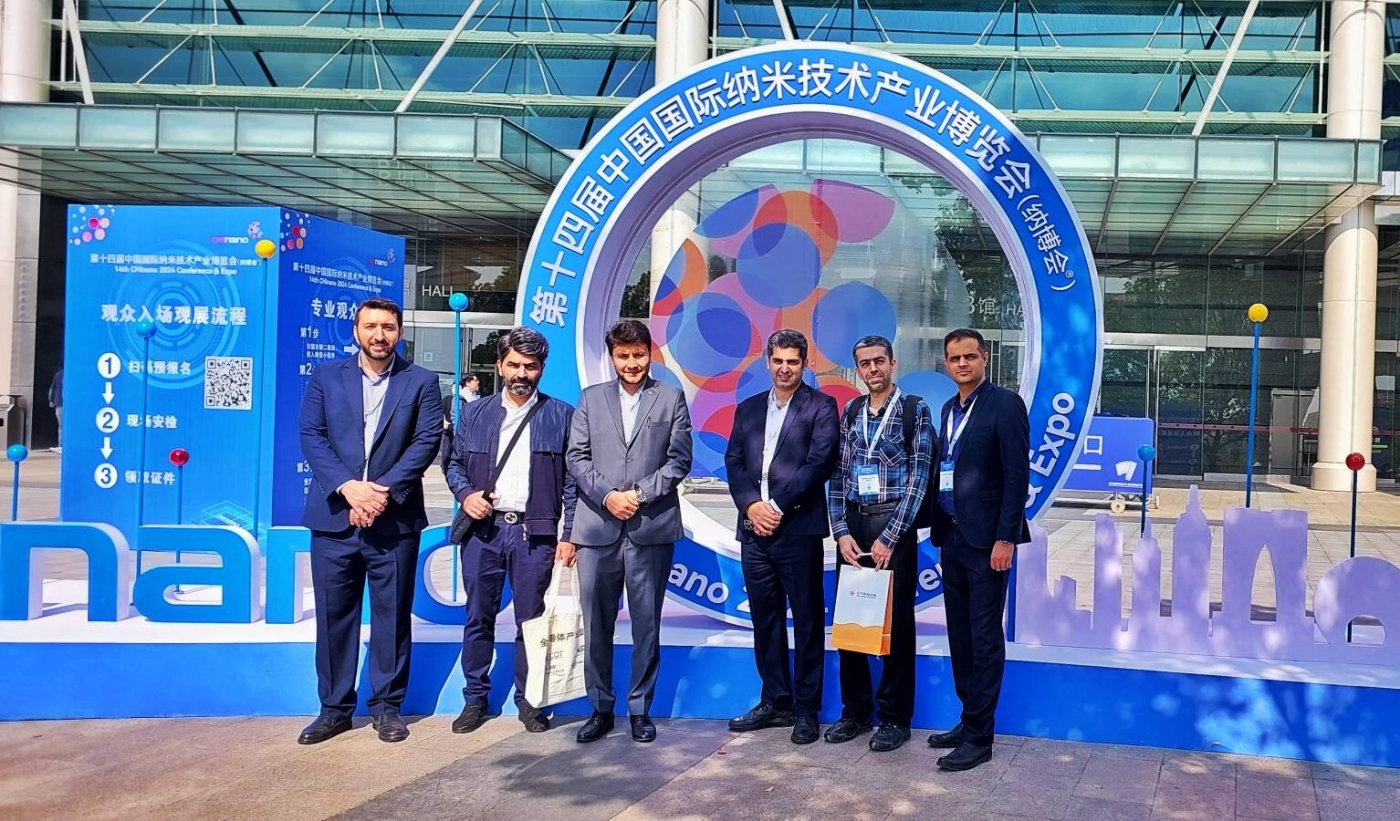During a visit by officials from the Iran Nano & Micro Technologies Innovation Council (INIC) for the Development of Nanotechnology and Microtechnology to the Central Laboratory of Shahid Chamran University in Ahvaz, the laboratory's capabilities and potential for providing laboratory services at both national and international levels were assessed. The purpose of these visits is to promote and expand nanotechnology across various provinces in the country and to introduce the services and support available to researchers and technologists active in this field.
These visits allow officials to become familiar with the research facilities, services, and research and development capacities available in universities and industries within the provinces. In this context, the status of existing laboratory equipment and services offered by the Central Laboratory to researchers and industries was discussed.
The Central Laboratory of Shahid Chamran University in Ahvaz, due to its specialized human resources and advanced equipment, is capable of providing diverse services in the field of nanotechnology. Among the most important equipment at this center are Transmission Electron Microscopes (TEM), Field Emission Scanning Electron Microscopes (FESEM), Nuclear Magnetic Resonance Spectrometers (NMR), Gas Chromatography Analytical Devices, Gas Chromatography-Mass Spectrometry (GC-MS), Gas Chromatography (GC), High-Performance Liquid Chromatography (HPLC), Atomic Absorption Spectroscopy (AAS), Inductively Coupled Plasma (ICP) systems, and other advanced laboratory equipment.
This laboratory has been collaborating since 2005 as a member of the Iran Nanotechnology Laboratory Network and has been recognized as a cooperating laboratory with the Khuzestan Standard and Industrial Research Institute since 2012.
The visiting officials emphasized the necessity of enhancing the technical knowledge of laboratory experts to transform into one of the key providers of laboratory services in the country. Additionally, expanding scientific and technological collaborations between universities and industries in Khuzestan province, with the support of the INIC was highlighted to effectively address the technological needs of industries.
As a distinguished member of the Strategic Technologies Laboratory Network, the Central Laboratory offers various services in areas such as nanotechnology, diverse industries, and environmental studies. A list of services, equipment, and testing methods from this laboratory is also available on the website of the Strategic Technologies Laboratory Network.
These efforts demonstrate a serious commitment from officials to enhance nanotechnology levels in the country and to utilize existing capacities within scientific centers.
